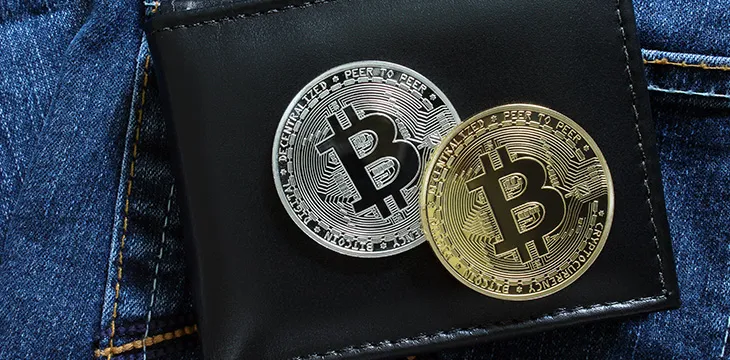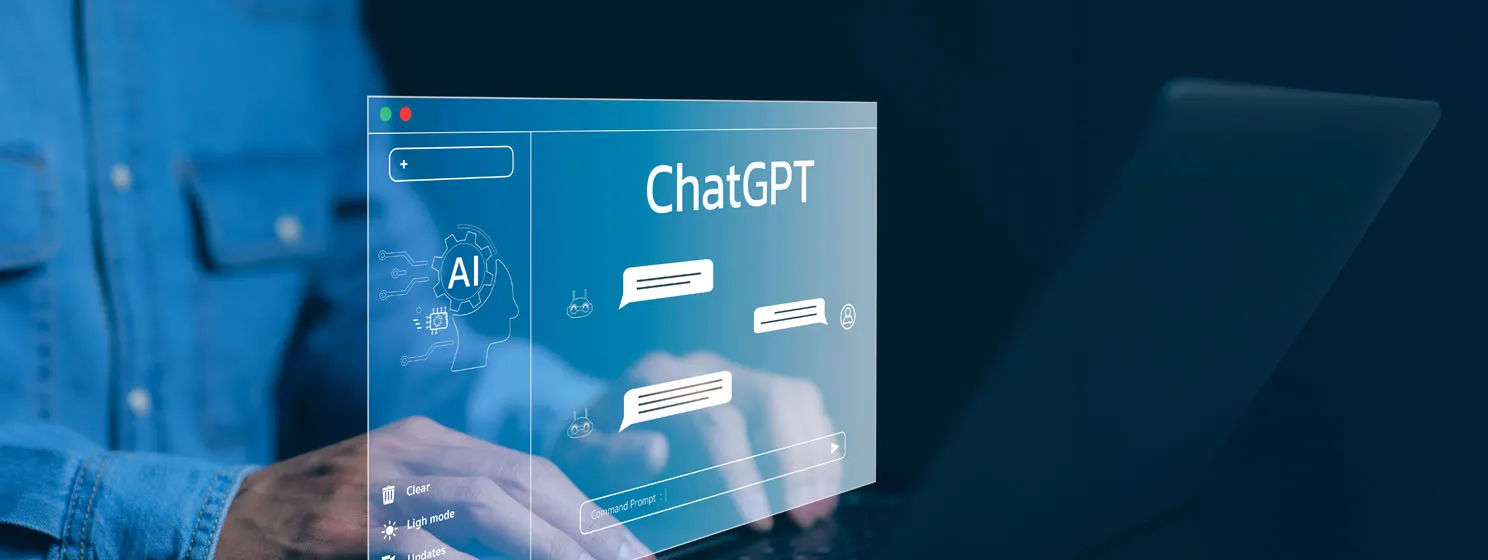|
Getting your Trinity Audio player ready...
|
In September, draft Bill 2.303/15 introduced by Deputy Aureo Ribeiro in the Brazilian House of Representatives was approved by a special commission of the House. It was then presented in the Plenary of Chambers for the assent of the chamber to legalize the use of digital currency like BTC in the country.
Roberto Campos Neto, president of the central bank of Brazil, supports the digital currency regulation. In an online event, Neto said there are a lot of discussions in place with Brazil’s Securities and Exchange Commission on how to ensure the digital currency space is regulated. He also said that “the financial market is changing so much that it’s all becoming data. We need to reshape the world of regulation.”
Recently, Federal Deputy Luizão Goulart, a Brazilian congressman, proposed a bill to legalize digital currency payments for public and private sector workers.
Goulart’s proposal seeks a new law that provides workers in Brazil the right to request digital currency as a mode of payment from employers. However, the bill states that there must be a mutual agreement between the employees and employer before digital currency payments can be made.
“The limits of the percentage of payment (remuneration) in cryptocurrencies will be of the worker’s free choice. Any imposition by the employer will be prohibited.”
If the new bill gets signed into law, it will establish a consensus for predetermining the percentages of remuneration in digital currencies and fiat between the workers and the employers.
Goulart said: “Most importantly, the proposal will help collaborate in the resolution of the ‘cash’ problem of the Federal, State and Municipal governments by offering payment alternatives, and at the same time, moving a gigantic Market Economy that lies ahead.”
The bill reflects the current evolution of finance, where there is an emergence of decentralization which prevents a person or central entity from controlling the system. The finance sector globally is gradually moving from a barter system and fiat currencies to digital currency. Once approved, the bill will be passed into law after 90 days from the date of approval.
Watch: CoinGeek New York presentation, Digital Currency as a Tool for Financial Inclusion

 08-27-2025
08-27-2025 





